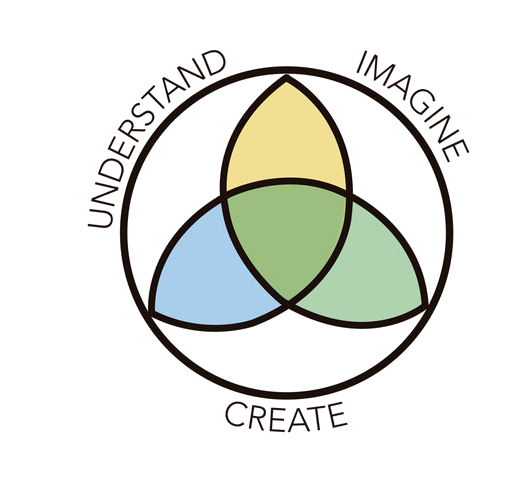Frameworks for Change
Seeing the different impact of deficit- vs. strength-based framing and assessment
Problem solving approaches have limited utility in mobilizing community participation since people react negatively to being viewed and treated as problems to be solved. In contrast, innovation methods that invite people to envision positive images of the future grounded in the best of the past have greater potential to produce deep and sustaining human systems change.
Appreciative Inquiry (AI) is a tool for doing this. AI assumes that in every organization or community some things work well. Lasting change can be catalyzed by identifying what works and building on that. Find the AI Commons with many resources here .
Your Turn!
Group Activity for reflection and discussion:
How do you feel when someone says “The problem with you is…”?
Why do “needs and deficit mapping” lead to “services” as solutions, residents as consumers of services, disempowered residents, and cycles of dependency? Why do capacity inventories & asset mapping lead toward capacity-oriented programs/policies and local residents and institutions as assets of choice?
How would you characterize the current environment in terms of deficit-based vs. strength-based assessment?
When listening to seemingly impossible dreams, what changes by saying “Wow, how!” (Wow, what a dream!) (How can it become possible?), and then listening for what can be, instead of enumerating known dream crushers?

